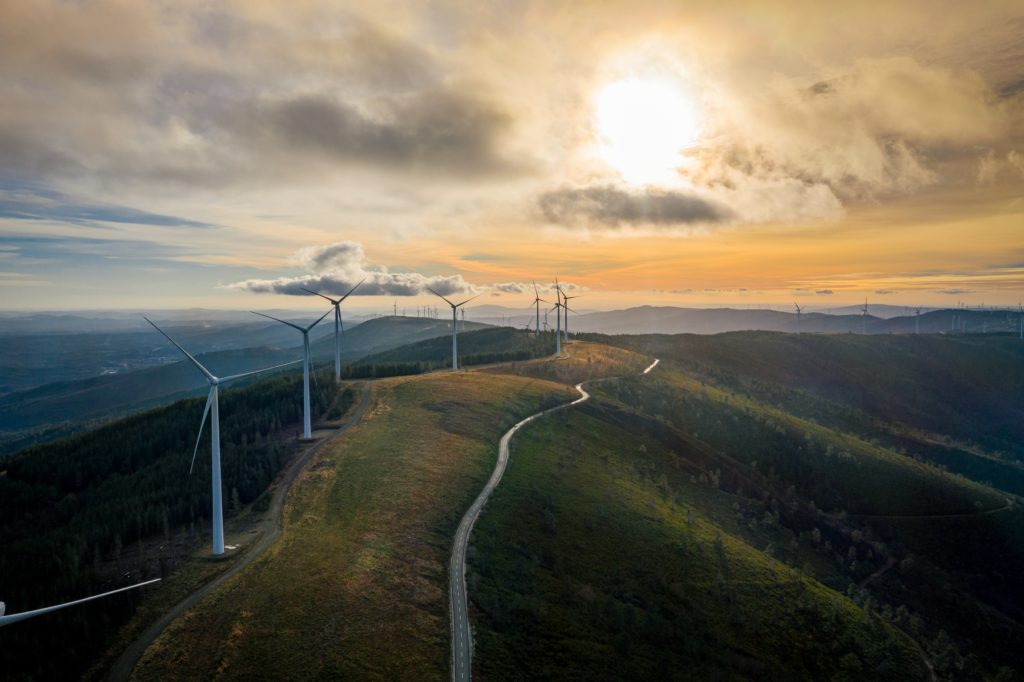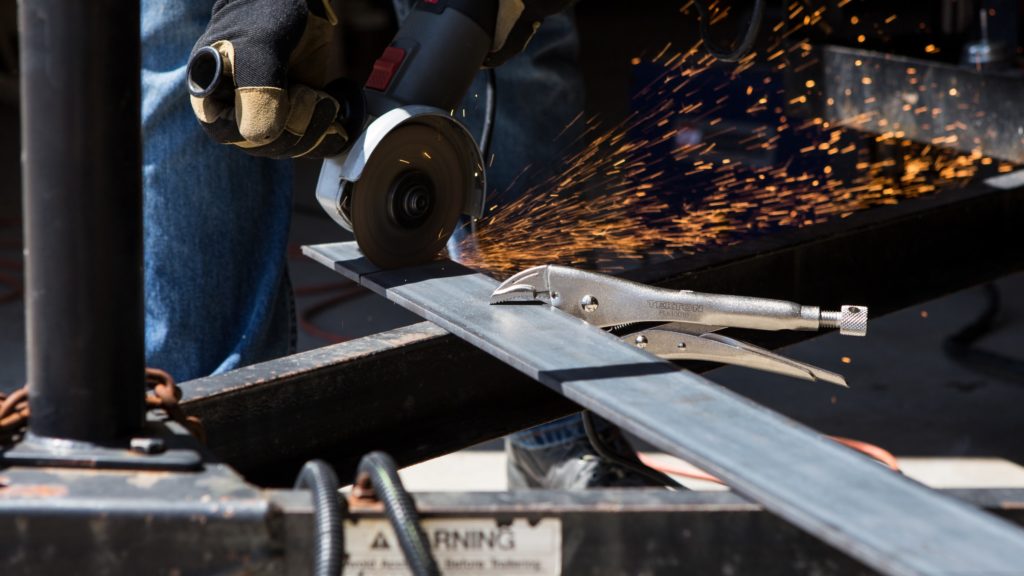A truly green EU Industrial Strategy is the right tool for the job
16.03.2021
An opinion by Ville Niinistö, Greens/EFA MEP.

2020 was a challenging year for all of us. The unprecedented crisis of the COVID-19 pandemic has had a tremendous impact on societies and economies across the globe.
Tentatively, we can now begin to hope that recovery is ahead of us, but what is clear is that we cannot go back to “business as usual”. We need to take this opportunity to transform our economy to be more environmentally sustainable and socially responsible and thereby more resilient in the long run. Recovery must go hand in hand with our common goal to tackle the climate emergency. Making the recovery a green recovery is crucial: our lives simply depend on it.
The transformation needs to include European industry. Currently, industry represents 20% of our economy and 40% of our greenhouse gas emissions. Greening it will create new jobs and support new competitive sectors. Since the European Commission released its Industrial Strategy, we have seen the UK, Japan, South Korea and the US announce their commitment to climate or carbon neutrality by 2050 respectively, while China has committed to carbon neutrality by 2060. Global competition for green technologies and eco-innovations is in full swing. The EU is at a crossroads: either it speeds ahead to a future-oriented, competitive, green and socially just economy – or it stays chained to its outdated economic model, already bypassed by the US and China, and to the detriment of environmental and social standards. The EU has the power to create new momentum, to innovate and transform industrial production and future-proof jobs at home. We need to take that chance.
With this in mind, we have sent a letter with our demands to the Internal Market Commissioner, Thierry Breton, calling on him to make sure that the EU’s updated strategy for industry will be a truly Green Industrial Strategy.

Here are our main recommendations towards an EU Industrial Strategy that is fit for rebuilding a stronger, fairer and greener industry:
1. Align the Strategy with the EU’s 2030 climate and energy targets
- Develop greenhouse gas (GHG) emissions reduction pathways for each industrial sector in line with the EU’s 2030 climate goals. Undertake an ambitious reform of the EU Emissions Trading System and Effort Sharing Regulation to deliver on the EU’s climate targets and support the implementation of an effective carbon border adjustment mechanism. Ensure that no funds from European programmes are allocated to projects using or increasing the use of fossil fuels.
2. Better link the ecological and digital transformation
- Develop the digital sector to take full account of the EU’s climate targets, giving high priority to resource and energy efficiency. Ensure that the design of devices, infrastructure and digital services follow eco-design and circular economy principles, building on and extending beyond product requirements, as already identified in the Circular Economy Action Plan. This would entail keeping track of the materials used, recycled content, design for repair, remanufacture and upgradability, as well as easier mechanical recycling.
3. Ensure the application of the energy efficiency first principle
- Anchor the energy efficiency first principle in all EU legislation. Invest in energy efficiency and energy-saving technologies in all sectors to save money and energy, and to enhance the global competitiveness of European industries by becoming providers of these technologies. Better exploit sector integration, for example by enabling industry to more easily shift demand at peak times against remuneration, or by use or pass on excess heat from high temperature processes, thus saving energy costs and increasing system efficiency.
4. Tap the full potential of renewables
- Recognise renewables as a key strategic value chain and develop a dedicated industrial strategy for renewables. Bring forward a ‘2030 pan-European 70 million solar rooftop programme’ as complementary to the Renovation Wave, including mandatory solar installations on public buildings in Member States. Provide grants and loans for SMEs, commercial and industrial buildings to invest in renewable energy sourcing from recovery programs, such as the Recovery and Resilience Facility or EIB’s Coronavirus Crisis Response.
5. Concentrate on highly energy efficient renewables-based heating and cooling
- Tap the full potential of heating and cooling with renewables-based electrification, heat-pumps, better use of industrial clusters and symbioses offering significant reduction potentials in sectors such as textile, food processing and machinery. Launch major energy efficiency programmes to accelerate the use of the best technologies, practices and processes.
6. Resource efficiency first principle and enhance the circular economy
- Establish a ‘resource efficiency first principle’ across all EU legislation as well as sector-specific EU targets for resource efficiency. Expand existing environmental and circular metrics, indicators and labels/certification to provide companies with an enhanced methodology and the tools to assess how well a product or service is performing in the context of the circular economy and ecological transition. Expand the existing Eco-design Directive to address the circularity of consumer electronics and other energy-using devices as a priority action. Extend the circular economy requirement to non-energy products by covering sectors that have a significant environmental impact – such as textiles or vehicle manufacturing – and make sure that the design requirements include a longer lifetime for products.
7. Create lead markets for climate neutral technologies, products and services
- Reform the EU framework for public procurement to get beyond the “lowest price award criteria” by making systematic use of sustainability award criteria and setting measurable binding targets. Revise the procurement standards for basic materials, such as in the building and construction sector, through the establishment of mandatory targets in sectorial legislation. Agree on quotas for climate neutral products and materials, including climate neutral steel and cement.
8 . Enhance advisory services
- Help businesses through the ecological transition. Evaluate the creation of ‘Green Hubs’ to provide clear information, advice, assistance and training for environmentally sustainable business transformation, entrepreneurship and business models as well as linking of potential business partners, especially focusing on SMEs.
9. Improve governance, transparency and synergies
- Ensure the proper monitoring of progress of individual industrial sectors towards the EU’s climate and environmental targets[1] as well as a balanced representation of relevant experts, scientists, civil society organisations, consumer organisations and social partners in its various fora and instruments.
- Recognise fully the civil society as a stakeholder in green industrial policy and the need for its involvement in the various vehicles as societal acceptance of industrial policy and transitions is key as also demonstrated by the energy transition. Avoid corporate capture/ old-fossils by introducing safeguards regarding the governance, agenda setting, transparency of its activities, in order to avoid undue influence of a certain type of or only incumbent industrial actors.
- Ensure synergies between the various implementing instruments, such as Horizon Europe Partnerships, Industrial Alliances (& IPCEIs), industrial ecosystems and the Industrial Forum, in order to cover the entire value chain.
